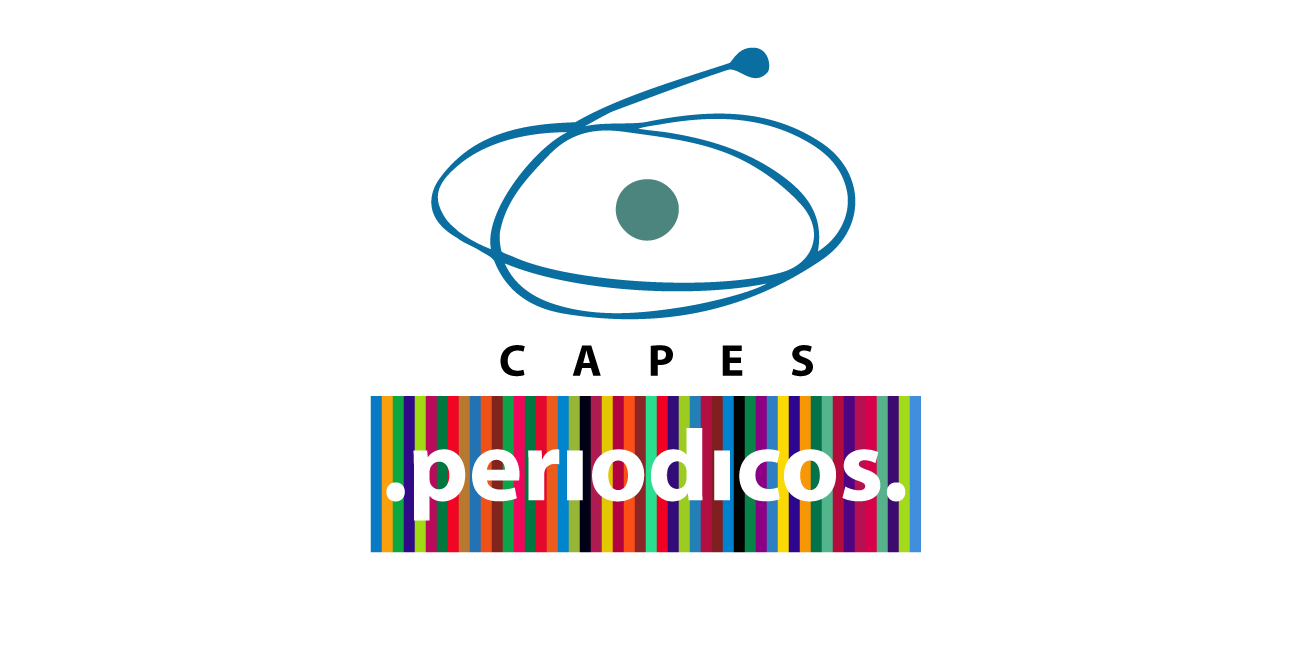The Semiology of Power and the Symbolic Man: Referents for an (Re) Assessment of the Law
Keywords:
Semiologia do Poder, Direito, Homem Simbólico, Semiology of Power, Law, Symbolic Man, Semiología del poder, Derecho, Hombre Simbólico.Abstract
The law, perceived as a product and, at the same time, a source of culture, establish ways of communication that change with the subjective ordinary life interactions. These different ways of cultural communication are not always perceived by the Law itself, engendering false representations of social life. For this reason it is necessary to establish mechanisms in order to seek fundaments on which the juridical discourse may be based concerning its normative aspect. This work takes shape from the Semiology of Power, from the meaning of the Symbolic Man and from the Philosophy of Ordinary Language. The methodological actions that outline this work are: General Objective: investigate if the categories Semiology of Power and Rights concretize the elaboration of a discourse that takes into consideration everyday language; Specific Objectives: a) formulate considerations on the Juridical Science as a cultural phenomenon; b) consider the categories Semiology of Power, Philosophy of Ordinary Language and Symbolic Man as an idea of the construction of a legitimate Law when it analyzes the ideological loads of the juridical discourse. The methodological criterion used to carry out this reflection is based on the inductive method.Downloads
Published
2008-07-01
How to Cite
Jesus, D. A. de, Aquino, S. R. F. de, & Dias, M. da G. dos S. (2008). The Semiology of Power and the Symbolic Man: Referents for an (Re) Assessment of the Law. Revista Jurídica Cesumar - Mestrado, 8(1), 91–102. Retrieved from https://periodicos.unicesumar.edu.br/index.php/revjuridica/article/view/722
Issue
Section
Doutrinas
License
A Revista se reserva o direito de efetuar, nos originais, alterações de ordem normativa, ortográfica e gramatical, com o intuito de manter o padrão culto da língua, respeitando, porém, o estilo dos autores. As opiniões emitidas pelos autores são de sua exclusiva responsabilidade.
Os direitos autorais pertencem exclusivamente aos autores. Os direitos de licenciamento utilizado pelo periódico é a licença Commons Atribuição 4.0 Internacional. São permitidos o compartilhamento (cópia e distribuição do material em qualquer meio ou formato) e adaptação (remixar, transformar, e criar a partir do trabalho, mesmo para fins comerciais), desde que lhe atribuam o devido crédito pela criação original.












